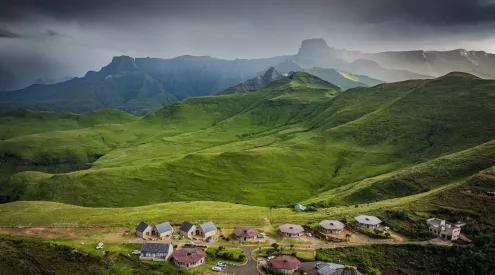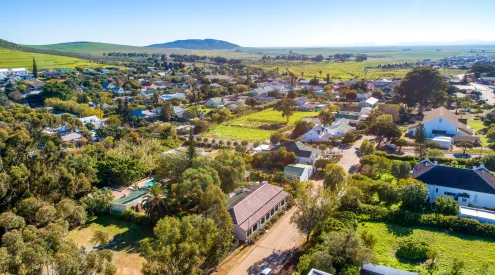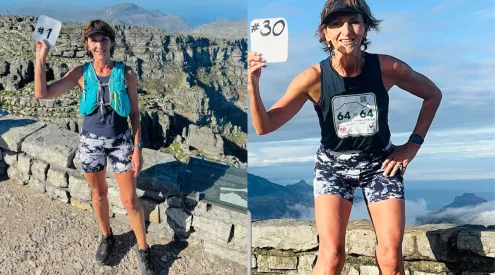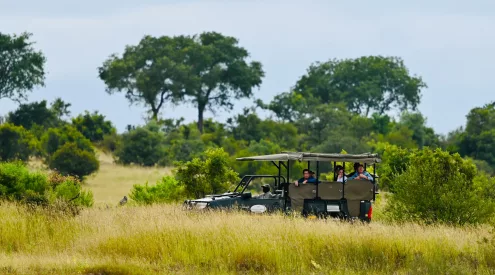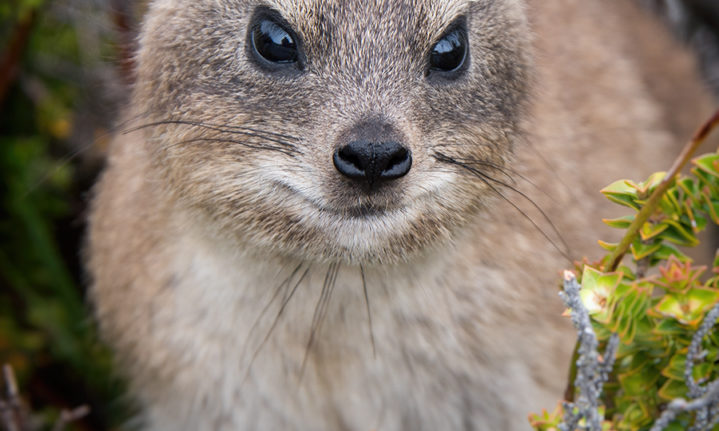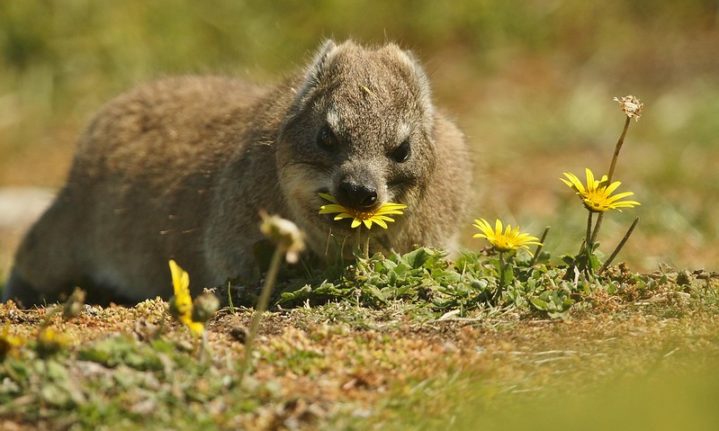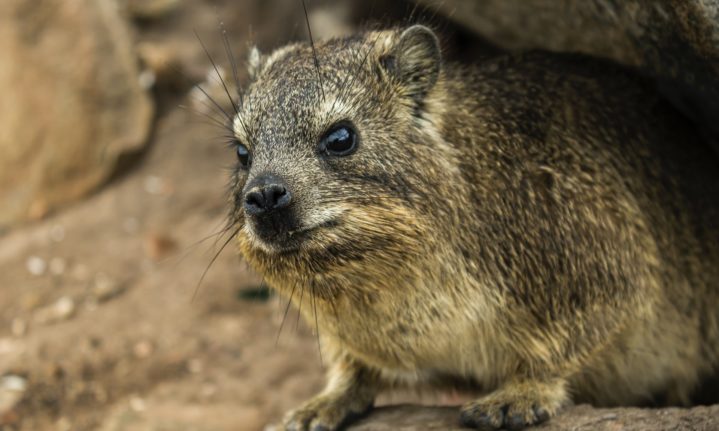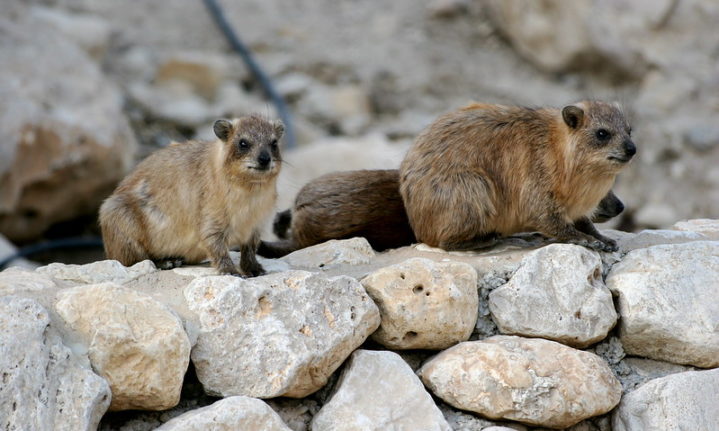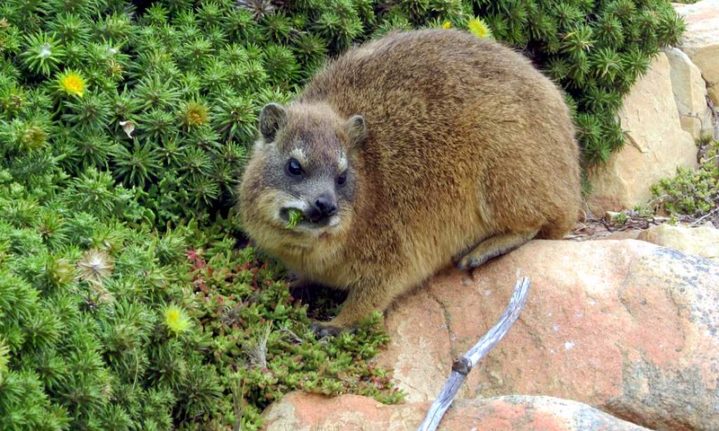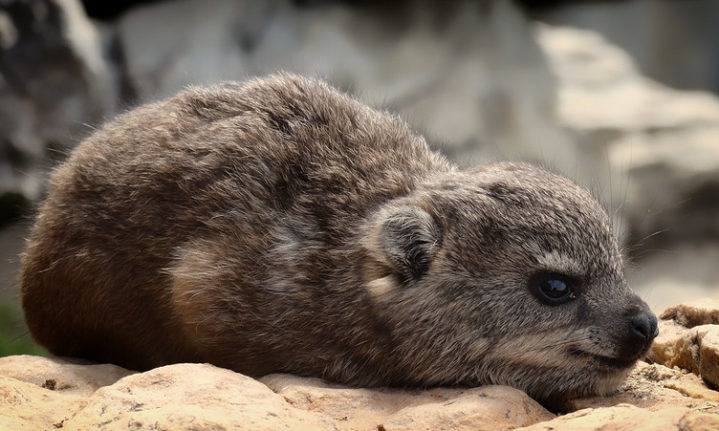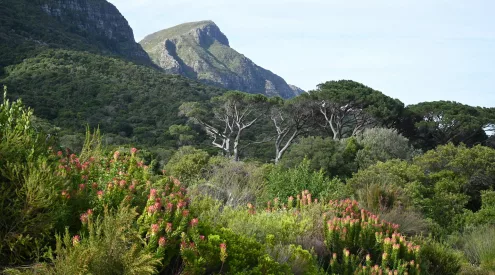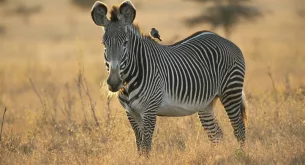The rock hyrax – more commonly known as a dassie or klipdassie – is a very popular mammal, and is widely distributed in Africa and the Middle East, according to the South African National Biodiversity Institute.
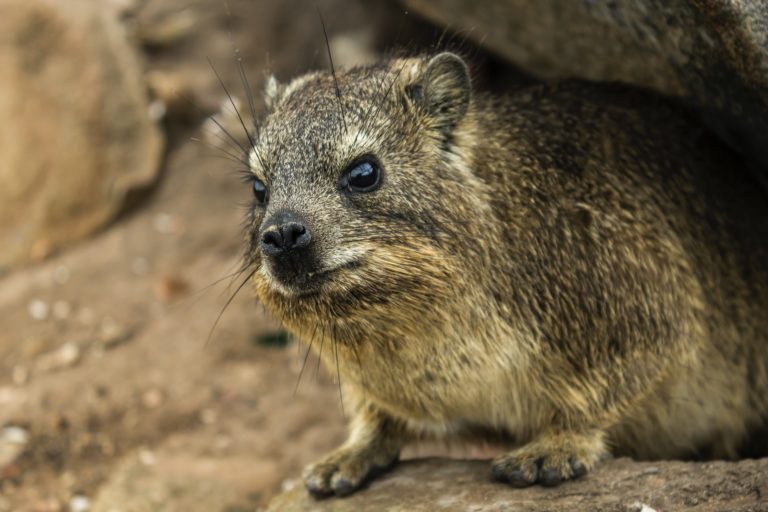
Credit: Captureson Photography/Unsplash
Dassies are small, but typically have a robust body, and no tail. They have a unique brownish-grey coat, except the eyes and a streak of black hairs dotted along their spine. Their padded feet have specific glands which produce a secretion, keeping their feet permanently moist. This allows them to stalk up steep rocks and tree trunks with ease. Though, dassies rarely move more than 50 metres from their humble abode.
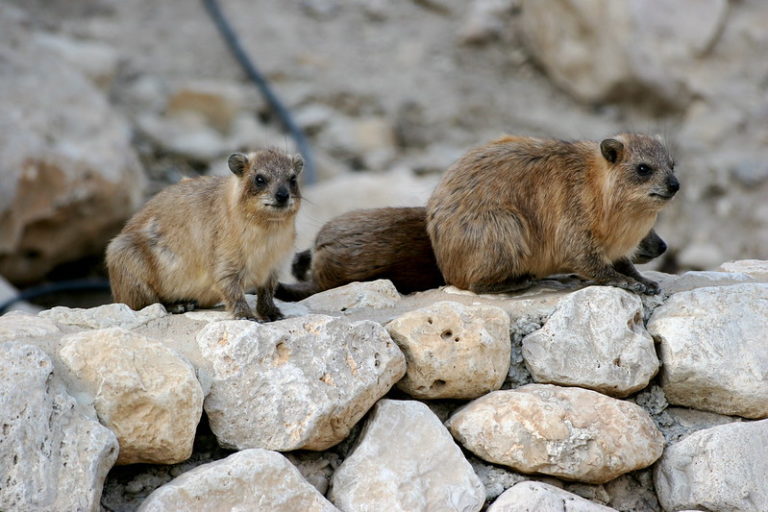
Credit: Ruth Tate/Flickr Commons
Dassies communicate in a variety of ways, with sounds that include growling, squealing, and snorts. It is observed that older dassies tend to make a barking sound when they perceive a threat. Moreover, adult dassies have a dorsal gland that runs along their spine and produces secretions that generate a specific odour.
This odour is used to mark their territory and warn off other dassies from their colony. Dassies flourish in outcrops of rocks because this is where the right type of vegetation for their food is typically found. These herbivorous animals consume grasses, shrubs, and tree leaves.
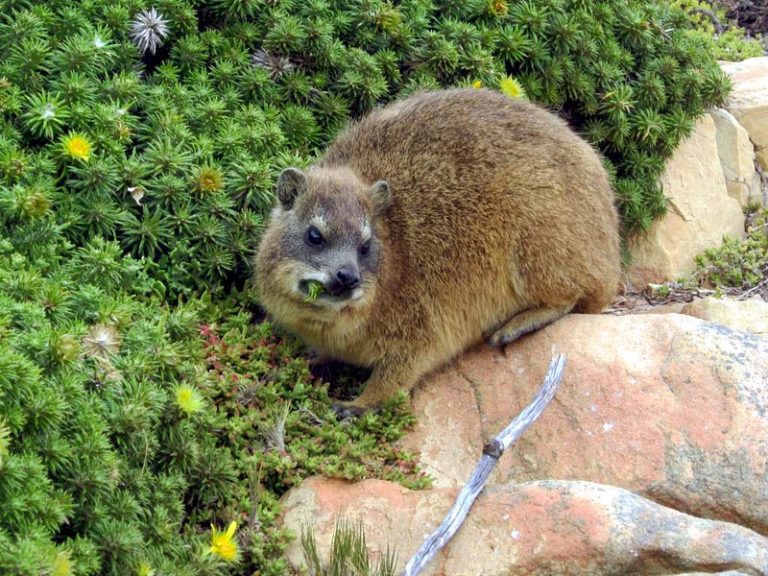
Credit: David Stanley/Flickr Commons
The rock hyrax reaches sexual maturity at one and a half years old. Their prime mating season depends on their region. Baby dassies are well protected not only by their environment but also by their parents. Dassies are born with their eyes open and can move around and consume solid foods within their first few days of life.
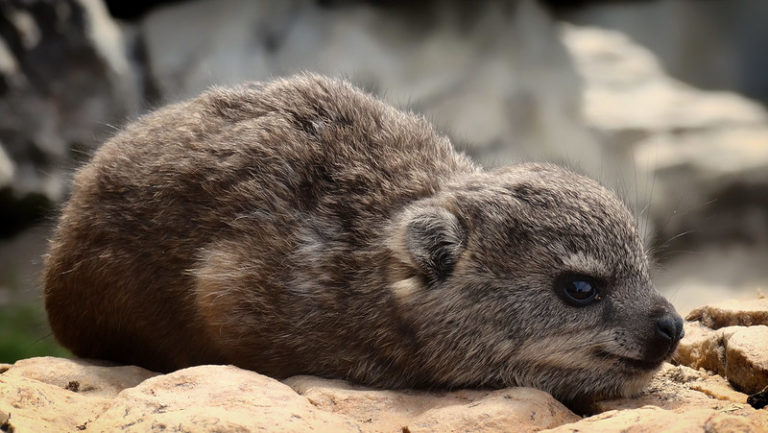
Credit: Delyth Angharad/Flickr Commons
Male and female dassies share similar physical characteristics, except that mature male dassies are more robust. Dassies can live up to 10 years old. On the International Union for Conservation of Nature Red List, Dassies are clarified as Least Concern. This is because they live in well-protected areas, and many of the natural predators of dassies have gone extinct.
Pictures: Flickr Commons
ALSO READ
Facts about African penguins and how to help save this endangered bird




